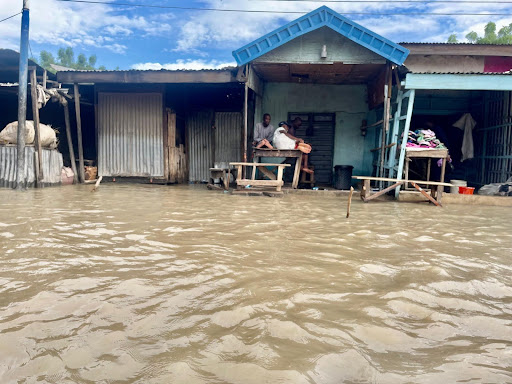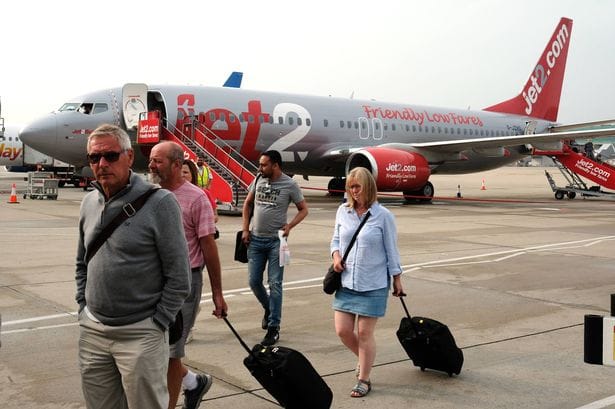Jet2 has said it will cut the number of seats available on its flights by around 200,000 in the coming months after the budget travel giant warned shareholders about earnings forecasts
Holidaymakers who rely on Jet2’s bargain fares will find fewer seats available in the coming months, after the budget airline received disappointing earnings projections.
The low-cost travel company is set to pull around 200,000 seats from the market over the next few months, leaving 5.6 million on offer during the winter period.
Whilst this still marks a nine per cent rise compared to last year, Jet2 has chosen to scale back its growth plans following predictions that the travel giant’s profits would fall short of expectations.
The news triggered a sharp decline in the company’s share price on Thursday, with analysts forecasting earnings of approximately £449m for the year ending March 2026, up from £446.5m the previous year. Stock values plummeted by roughly 13 per cent following the announcement.
READ MORE: Mum devastated after being banned from Greggs store along with autistic sonREAD MORE: John Lewis reveals plans to hire record 13,700 workers – here’s how to apply
Jet2 revealed that cost-conscious travellers are increasingly displaying a “later booking profile”, snapping up flights at short notice and leaving the airline with “limited visibility” over passenger numbers during the winter months when many seats remain “still to sell.”
The low-cost carrier witnessed package holiday reservations climb by 2 per cent over the summer, which ThisIsMoney reports as a decline from the eight per cent surge recorded last year.
Nevertheless, these statistics also highlight shifting consumer behaviour, with flight-only bookings soaring by a substantial 17 per cent.
Jet2 CEO Steve Heapy informed shareholders that the concerning figures stemmed from “operating in a difficult market,” though he emphasised that their expanding customer base would “provide the foundation for a solid financial result this year and for further profitable growth in the years to come.”
The budget airline, which conducted its annual general meeting on Thursday, revealed it had introduced a “modest increase” in package holiday prices this summer and noted it would be premature to release “definitive” figures regarding the company’s overall profitability.
Last month, Jet2 became the first carrier in Britain to provide complimentary plane tickets to certain passengers, aiming to make their service more accessible for additional customers. All families travelling with a child under the age of two will now avoid purchasing a ticket for their little one, whether booking a package holiday or an individual flight.
Russ Mould, investment director at AJ Bell, explained to ThisIsMoney: “Millions of people prioritise experiences over material goods, with foreign holidays high up the list of things they scrimp and save for. Such a trend should be positive for airlines and holiday companies, yet countless individuals are leaving it to the last minute to make a booking.
“Jet2 has once again bemoaned this situation, leaving it with cloudy rather than crystal clear earnings visibility. Management cannot keep their fingers crossed that sales will eventually come through; they need certainty given the expense in running a fleet of aircraft and a complex accommodation chain.
“Guidance that full-year earnings will be at the lower end of market forecasts has wiped out Jet2’s share price gains so far this year. It’s a disappointing setback for the business and has dragged down shares in other airlines including EasyJet and Wizz Air.”









